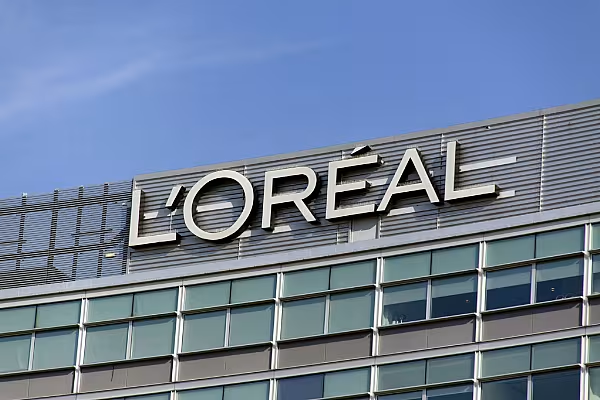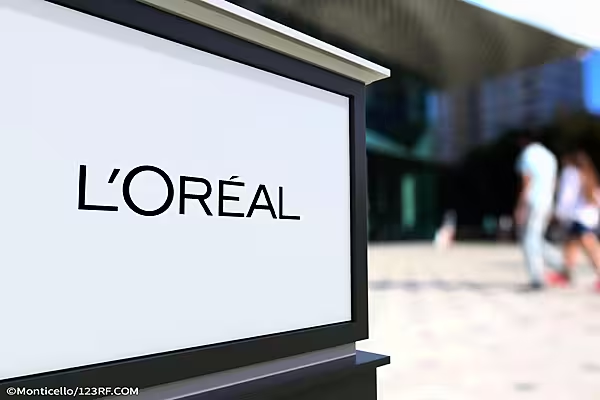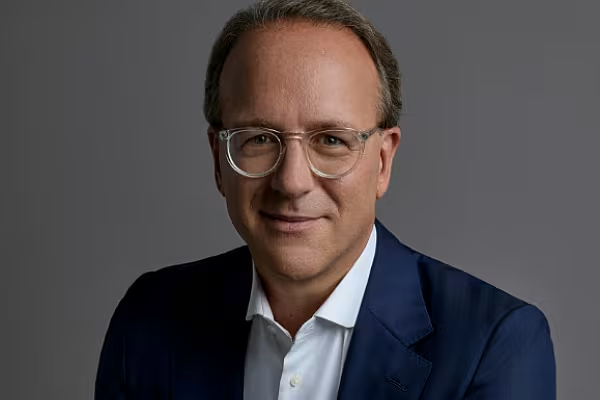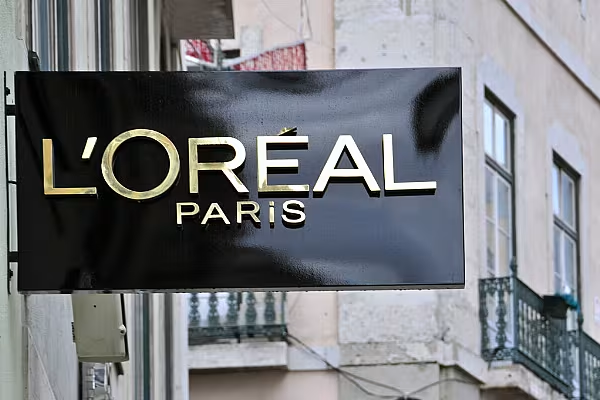L’Oreal, founded more than a century ago by a French chemist who formulated safer, more natural-looking hair dyes, is releasing its first 100% plant-based colouring as consumers’ definition of naturalness and product safety evolves.
The Paris-based company, the dominant player in the global market for hair-care products, introduced the new product, called Botanea, on Wednesday. It’s aimed at boosting the world’s biggest cosmetics maker’s weakest-performing division.
L’Oreal’s professional-products unit, which sells hair-care items via salons, has been the company’s slowest-growing for seven consecutive quarters as sales of makeup and skin care race ahead.
Grey hair has become a trend on the silver screen and in the streets as consumers become increasingly wary of chemical ingredients.
“We’ve managed to marry naturalness with a professional result without compromising on either point,” Marion Brunet, head of the L’Oreal Professional brand, said at a launch event in Paris, calling the new product a breakthrough because previous plant-based dyes had a limited palette and color intensity. Botanea will be introduced at European salons in May, the company said.
L’Oreal also introduced a new line of vegan hair-care products called Source, after expanding its portfolio of natural shampoo and styling aids by acquiring Pureology in 2007.
Until now, the company’s researchers have struggled to come up with alternatives to hair dyes that could eliminate ammonia and other chemicals while still delivering a professional result.
$11 Billion
L’Oreal accounts for about about a third of the $11 billion global hair-colour market, according to data from Euromonitor International.
L’Oreal’s shampoos and styling products are also the world leaders, with a market share of nearly 10%.
But sales in the professional-products unit are down slightly this year, falling 0.3% to €2.5 billion in the nine months through September. That compares with a 2% increase in the market for professional products, according to the company’s own estimates.
“Natural beauty is enjoying a strong growth, as major brands obviously try to seize the trend, but the lack of clear definition makes it difficult to quantify,” said Nicolaus Jouan, an analyst at Euromonitor.
Sales in L’Oreal’s mass-market division, which includes shampoos and hair dyes sold directly to consumers, grew 2% in the nine months, compared with double-digit percentage growth in L’Oreal’s luxury division, which sells makeup and cosmetics.
Katerina Sublett, a 27-year-old restaurant worker and physical-therapy student in Nashville, Tennessee, said she avoids most hair-dye brands because of their chemical ingredients.
“For all the cosmetics products that I use, I’m trying to use organic, cruelty-free and sustainable,” she said. “The problem for hair dye is there are not that many available.”
Last year L’Oreal’s Garnier unit rolled out its Whole Blends line in the US, seeking to fend off competitors for its neon-green-bottled shampoos with a more low-key line featuring olive oil, avocado and maple extracts.
“L’Oreal is slow-moving but seems to have understood the trend and most notably its impact on sales,” Jouan said.
News by Bloomberg, edited by ESM. Click subscribe to sign up to ESM: The European Supermarket Magazine.














